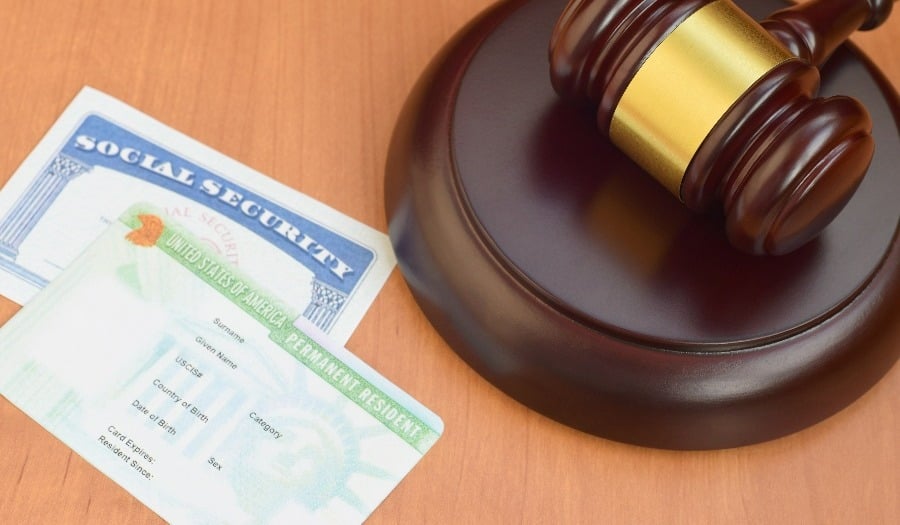Federal Background Checks: What you Should Know
Do you need a federal background check? If you're not sure, don't worry, we'll explain everything...

The Social Security Number Trace (SSN) is one of the most requested background check services. But what exactly is it, and what information does it provide?
This article discusses what the SSN Trace is, the information it provides, and common misconceptions.
A social security trace is a locater service that uses credit header data from a major credit bureau. An SSN Trace is used to confirm known information and locate additional information about an applicant. Social Security Number Traces provide names (including AKA's or aliases) and addresses associated with the applicant's social security number.
Other information it may provide includes:
Range of years during which the Social Security Number (SSN) could have been issued by the Social Security Administration (SSA).
If the SSA never issued the number.
The state from which the SSN was issued.
Whether the SSN was issued to an individual now reported by the SSA to be deceased.
If it was issued within the last five years.
When processing a SSN trace, background screening companies like Orange Tree submit a request to a major credit bureau for "credit header" data associated with a consumer's social security number.
The Social Security Number Trace is typically used to expand the scope of your background check. In addition to the names and addresses your applicant provides, any names and addresses identified from the SSN Trace are used to broaden the criminal history scope.
If the SSN does not match the consumer (individual) associated with the SSN, the bureau will return a "no-match" response or a consumer report with a different name.
A "No Match" response should not be considered as notification that the SSN does not belong to the applicant. A "no-match" response could legitimately mean that the applicant has not established credit with this bureau.
The SSN Trace is often mistaken as an SSN verification. The SSN Trace does not confirm that the SSN belongs to an applicant or is eligible to work in the United States.
An SSN verification, also known as Consent Based Social Security Verification (CBSV) verifies that the social security number holder's name, date of birth, and social security number directly match the Social Security Administration's (SSA) records.
A CBSV returns a match of 'yes' or ‘no’ from the SSA. Results also search the death index and whether the social security number holder has been reported deceased. A special form signed by the applicant is required for this verification.
Interested in learning how Orange Tree can help you with SSN traces?